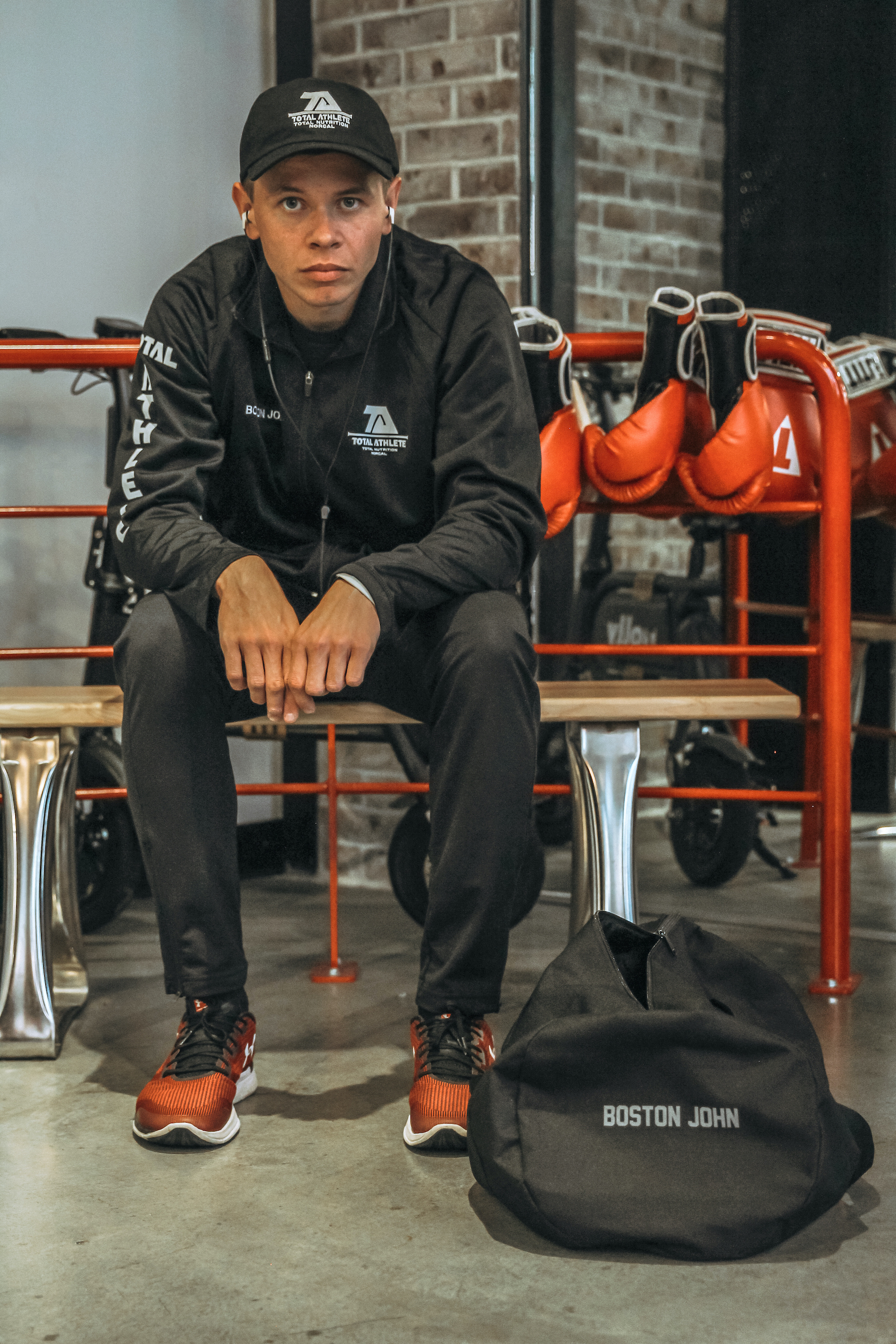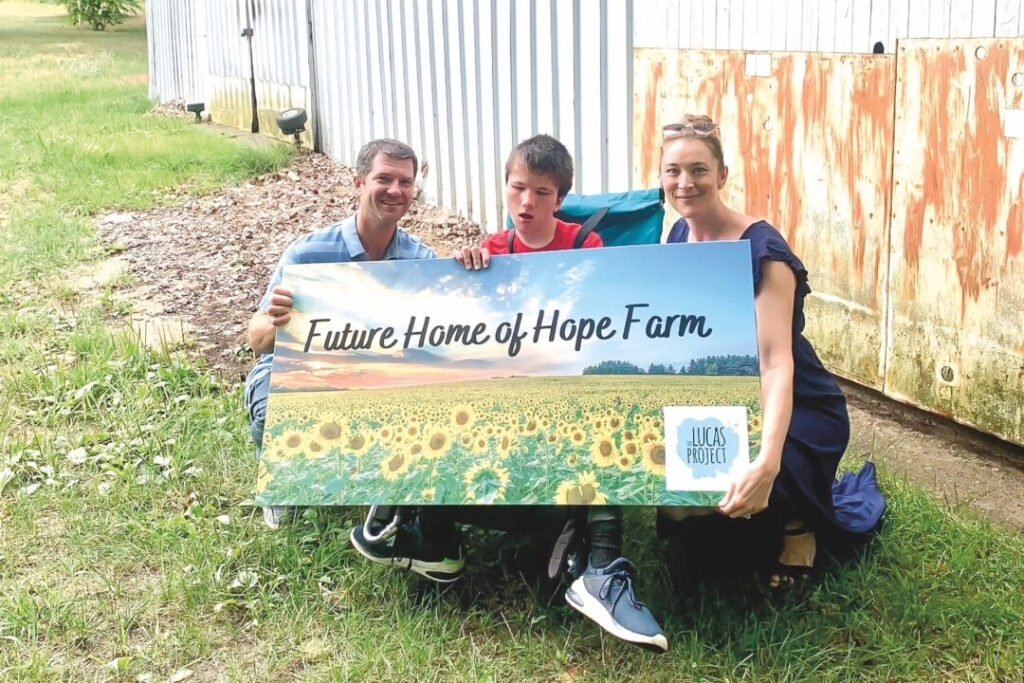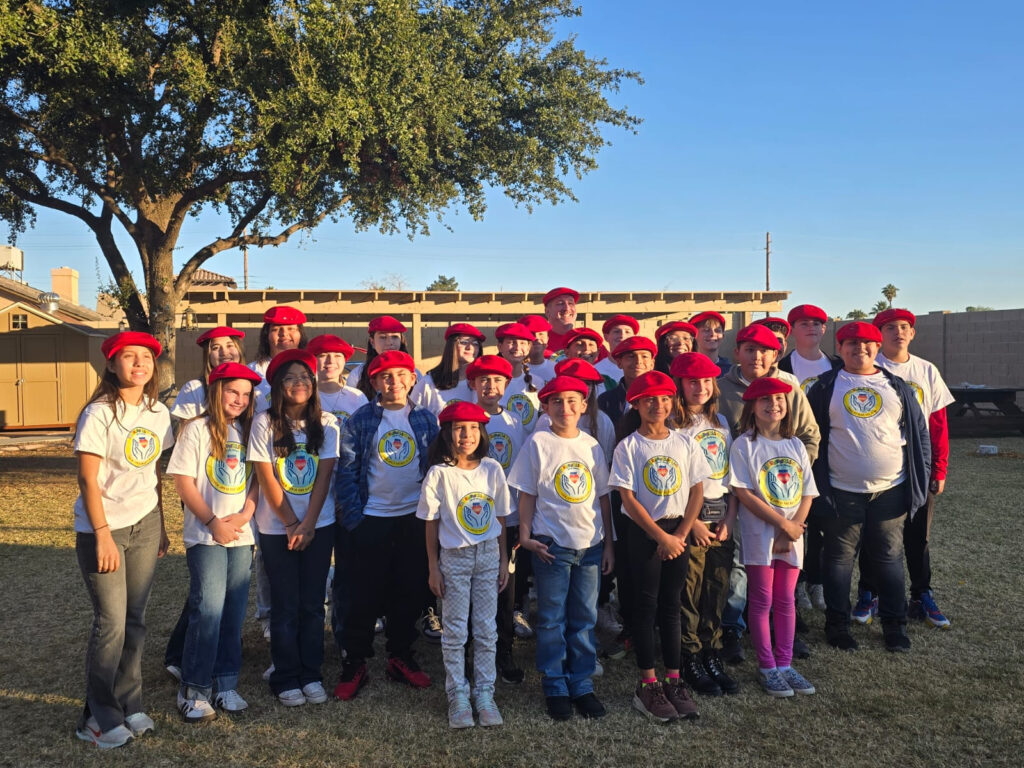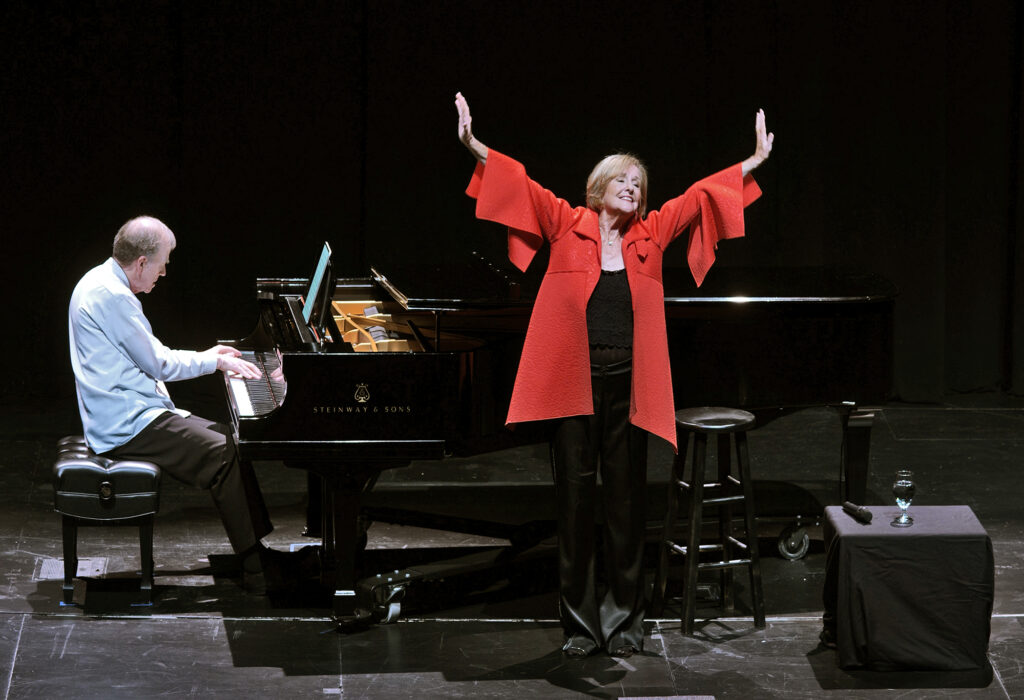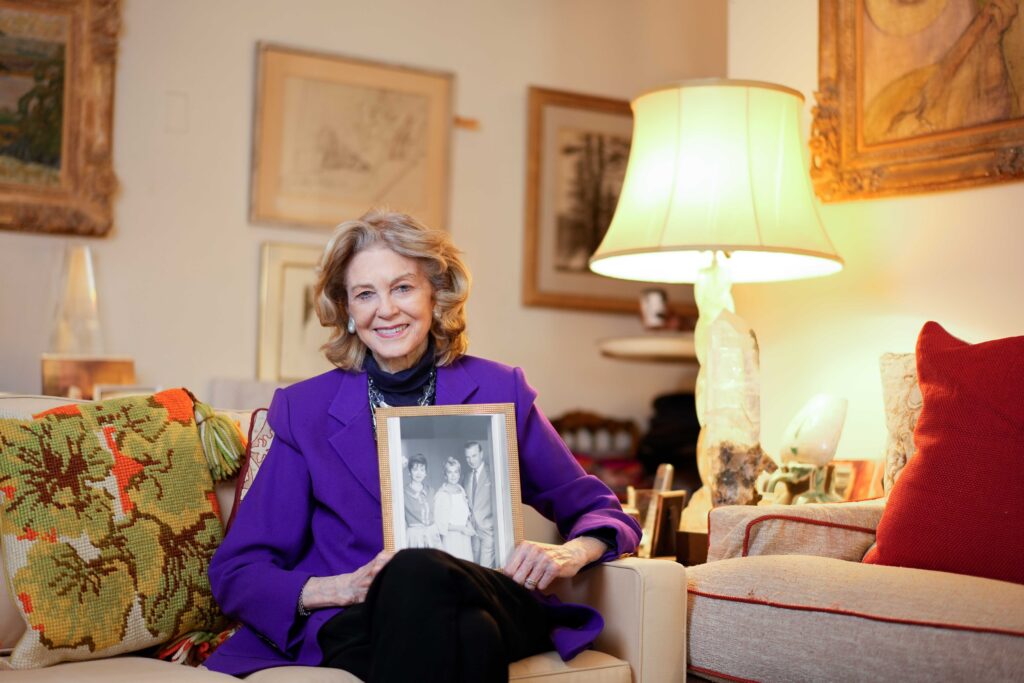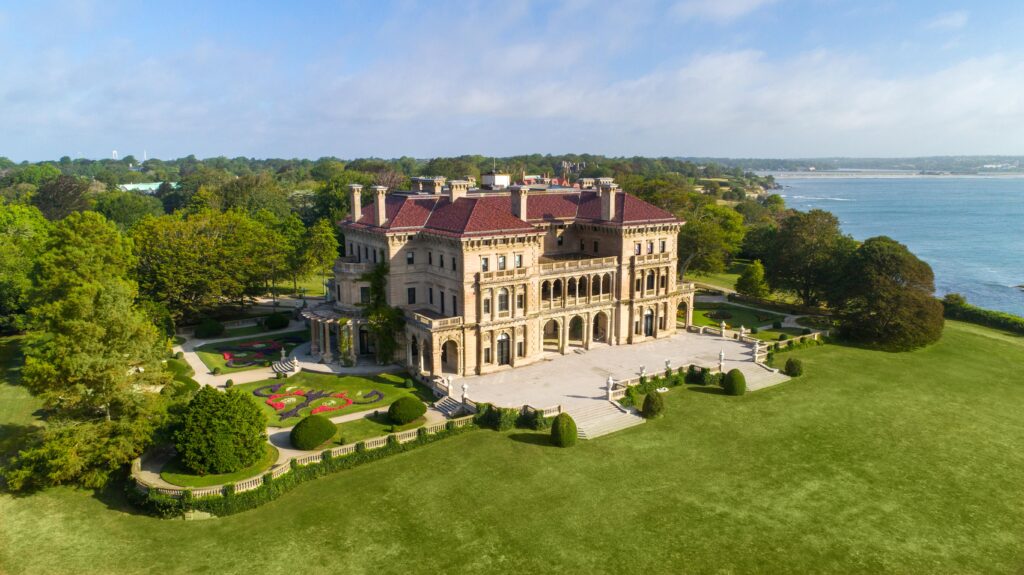Sacramento resident John Almeda, 27, has nonverbal autism. However, that developmental condition does not stop him from running marathons. Remarkably, the endurance sport has become his passion in life.
“It’s a gift that opened up to him a world of possibility,” said Vanessa Bieker, his mother. “When John is running, he’s so happy and free.”
Before becoming a distance runner, Almeda suffered from insomnia. A delayed puberty at the age of 17 caused him sleepless nights, according to Bieker. Running around a local high school track ended the spell.
Almeda is deep into long-distance running now. Competing for his second time in the Boston Marathon this year, John started preparing in February by running 40 miles a week, training six days straight, and then resting on Sunday. He ran the 2019 race in downtown Boston, finishing in three hours and 52 minutes.
To prepare for the 2021 Boston Marathon, Almeda worked with a strength trainer and a nutritionist. He also ran hills at elevations to increase his endurance capacity, and stadium stairs (100 up and the same number down) at Sacramento State University to build his hip, leg, and lung strength. In addition, Almeda did yoga to increase his flexibility.
His marathon training usually ends a week before the race, getting “up to running 22 to 23 miles before pausing his training,” Bieker said. Almeda planned not to train “for the pre-race week. That is typical of marathon runners to avoid breaking their bodies down.”
Almeda usually has a guide who accompanies him while racing in marathons, although he ran the Big Bear Marathon, a Boston qualifying race, on his own, according to Bieker. The guide ensures that John eats snacks and drinks fluids, which he can and does forget to do. As of publication time, however, Almeda planned to run the 2021 Boston Marathon without a guide. “He taught me that he can navigate these races on his own, and while as a mother I worry, he proves time and again that I do not need to.”
Almeda began his long-distance running career competing in the Special Olympics in 2014, where he ran five-minute miles. That is, he ran a quarter-mile in one minute and 15 seconds four times in a row—not too shabby for a beginner. John said he follows the advice of the late Satchel Paige, a famous black baseball pitcher: “Don’t look back; they might be gaining on you.”
He ran in races of increasing lengths: five kilometers, 10 kilometers, and then a half-marathon. In December 2017, Almeda ran his first marathon: the California International Marathon, which went from the suburb of Folsom to the state capitol in downtown Sacramento. As fate would have it, Almeda finished that race on a broken ankle (which happened at mile six, according to his mother) in four hours and 20 minutes. “He refused to quit, […] saying, ‘Boston, Boston, Boston.’”
Bieker, like Almeda, thrives on overcoming challenges and helping others in similar straits. She helms the Fly Brave Foundation, a nonprofit that offers career development for adults on the autism spectrum. She launched the group five years ago with five members. Today, there are 450 members. Bieker opened The Fly Brave Emporium, a brick-and-mortar shop, in April 2021; it features a coffee and consignment shop, plus an art classroom that gives space to artists on the autism spectrum to sell their work.
Other runners share their positive feedback with Almeda, according to Bieker. They support him with high-fives and words of encouragement. Non-runners, too, get a lift from Almeda and his running achievements.
“We get letters and cards all the time,” said Bieker, “from families with children who are on the autism spectrum and nonverbal, some of whom are newly diagnosed. They look at what John is doing as a beacon of hope.
“We also communicate with people who have been in accidents. A partially paralyzed woman found John online and reached out to him to share that his life story gives her hope. She goes to John’s Instagram account daily for inspiration and motivation to keep pushing hard.”
Bieker reads such stories to Almeda. “He lights up when he hears them,” she said. “John knows that he is helping others.” Such feedback is a motivating factor in his aspiration to run races longer than 26.2-mile marathons. In February 2020, he ran a 50-kilometer race and came in with the top 15 finishers, completing the 31-mile trail race in under five hours. In 2022, John plans to begin training to qualify for a race that is about three times as long: the Western States Endurance Run, a 100.2-mile race in the Sierra Nevada mountains. It begins in high-altitude Lake Tahoe and ends in Auburn, California. A local runner who has entered and finished the race has offered to run the course with Almeda during his training.
First, John must qualify. Some 1,500 athletes aspire to run that race every year; a lottery system selects 250 qualifying runners. If the past can indicate the future, do not bet against John running and finishing the endurance run in 2024—when he aims to compete in the ultramarathon. After all, John is a young man who, with his untiring mother, is overcoming the odds, and in the process brightening the lives of many others.
Seth Sandronsky is a freelance journalist based in Sacramento, California, married to a wonderful woman for the past 37 years. In a previous lifetime, he was a Division II college football player and competitive powerlifter.

